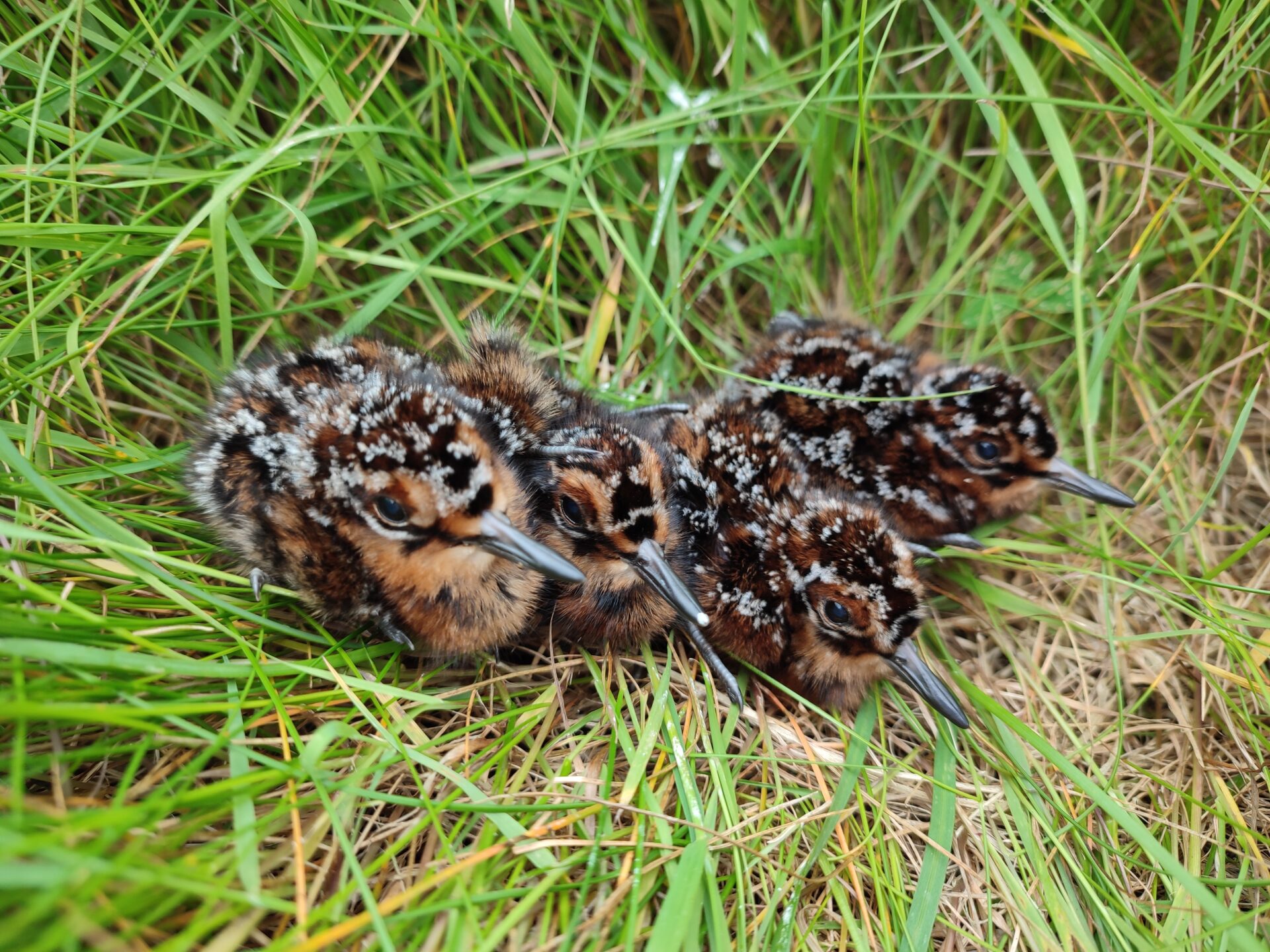Statement delivered by Oonagh Duggan, Head of Advocacy of BirdWatch Ireland to the National Economic Dialogue 2023 on behalf of the Environmental Pillar.
Chair, you mentioned that there was a fifth D to add to the list of Ds guiding government decisions on a sustainable future out to 2030 (demographics, decarbonisation, de-globalisation and digitisation) and that is the Destruction of Nature and we agree. A sustainable future for us all out to 2030 must be based on stopping the destruction of nature and restoring it. I’d like to ask government to add Destruction of Nature to the list of Ds so we can act on it.
Last week the European Central Bank said that the economy and banks need nature to survive. Destroy nature and you destroy the economy they said. This is the European Central Bank not the Environmental Pillar or BirdWatch Ireland saying it but we agree with them. We need a session on restoring biodiversity at next years NED.
It seems unwise to leave the key economic risk of destruction of nature out of the equation when planning for our collective futures. Habitats provide free ecosystem services like carbon storage and sequestration, storm surge protection and they are homes to wildlife but 85% of Ireland’s habitats are in poor condition and are therefore not delivering. This degradation means that they are also not able help us to mitigate and adapt to climate change. The ECB report says that 52% of Irish bank loans are dependent on at least one ecosystem service and are therefore exposed if habitats are degraded.
It was stated earlier that technology deployment can tackle climate change but can technology cheaply replace the free labour of pollinating insects? Restoration of habitats including flower rich habitats can do this.
We need to mitigate the risks highlighted by the ECB. That means capturing the risks in our frameworks, including the Wellbeing Framework which does not adequately address biodiversity loss.
It also means acknowledging hard environmental boundaries and sectoral policies should work within these boundaries and not against them which is what’s happening now.
It also means that we need a strong Nature Restoration Law and investment funds to underpin in. The European Commission impact assessment states that for every 1 euro spent on nature restoration, the return is between 8 and 38 euro. For coastal wetland restoration there’s a 36-fold return on investment.
Minister’s, will you support and promote a strong EU Nature Restoration law that’s currently being negotiated in Brussels. Will you establish a nature and climate fund to restore biodiversity on land and sea in the next budget? My questions to Ministers, will you include the risk of destruction of nature at the next NED and in the wellbeing Framework?


